Self-esteem is a cornerstone for women’s mental health, and its relationship with depression is increasingly evident. Many women face low self-esteem, which can deeply impact their emotional well-being. Understanding this relationship is crucial for improving mental health and fostering resilience.
By exploring how self-esteem influences depression, we can better support women in their mental health journeys. Recognizing these connections empowers women to take control and seek effective solutions. This understanding not only aids in personal growth but also helps create supportive communities.
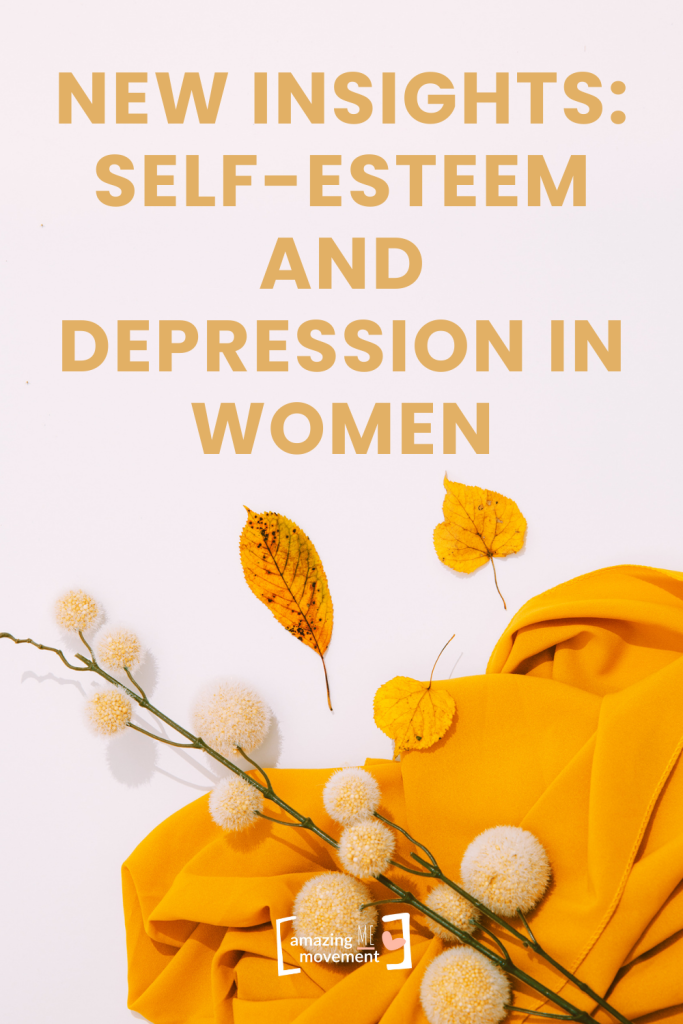
Understanding Self-Esteem and Depression
Self-esteem is how you view and value yourself. It affects your confidence and how you interact with others. Depression is a mental health disorder characterized by persistent sadness and a lack of interest in daily activities. It can lead to emotional and physical problems, impacting how you function.
How Self-Esteem Impacts Mental Health
Low self-esteem can negatively impact mental health, making you feel unworthy or incapable. This mindset can lead to depression, resulting in a vicious cycle of self-doubt and despair.
- Increased Anxiety: Lack of confidence can heighten worry and stress.
- Social Withdrawal: Feeling undeserving may cause you to avoid social interactions.
- Decline in Motivation: Doubt can reduce your drive to take on challenges.
Understanding the relationship between self-esteem and depression is vital for improving mental health. By recognizing these impacts, women can take proactive steps to enhance their well-being.
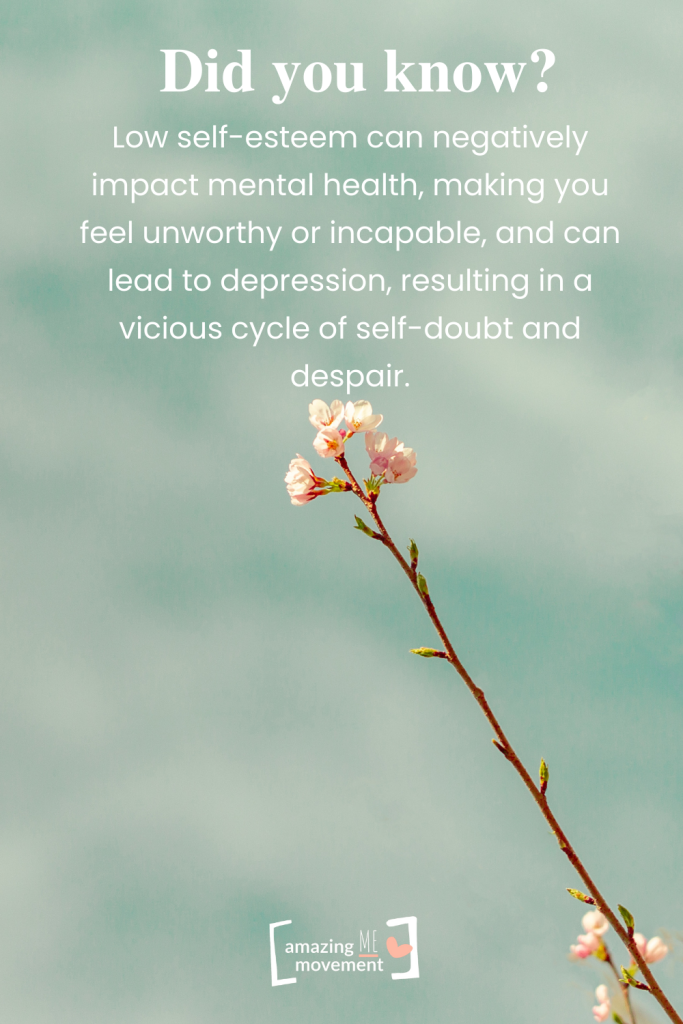
The Link Between Self-Esteem and Depression
Research shows a strong link between low self-esteem and depression. A 2019 study found that low self-esteem significantly increased the risk of depression among students. Experts like Dr. Thomas A. Veeder emphasize that feelings of worthlessness often accompany depression.
Low self-esteem can cause you to see yourself negatively, leading to feelings of hopelessness. This negative self-view reinforces depressive symptoms, making it difficult to break free from the cycle of depression.
The Cyclical Nature of Self-Esteem and Depression
- Reinforcement Loop: Low self-esteem fuels depression, which then worsens self-esteem.
- Self-Doubt: Depressive thoughts intensify self-doubt, trapping you in a cycle.
- Hopelessness: This cycle can lead to a sense of helplessness, making recovery seem impossible.
Understanding this cycle is crucial for addressing the root causes of depression. Breaking this cycle requires self-awareness and a commitment to improving self-esteem.
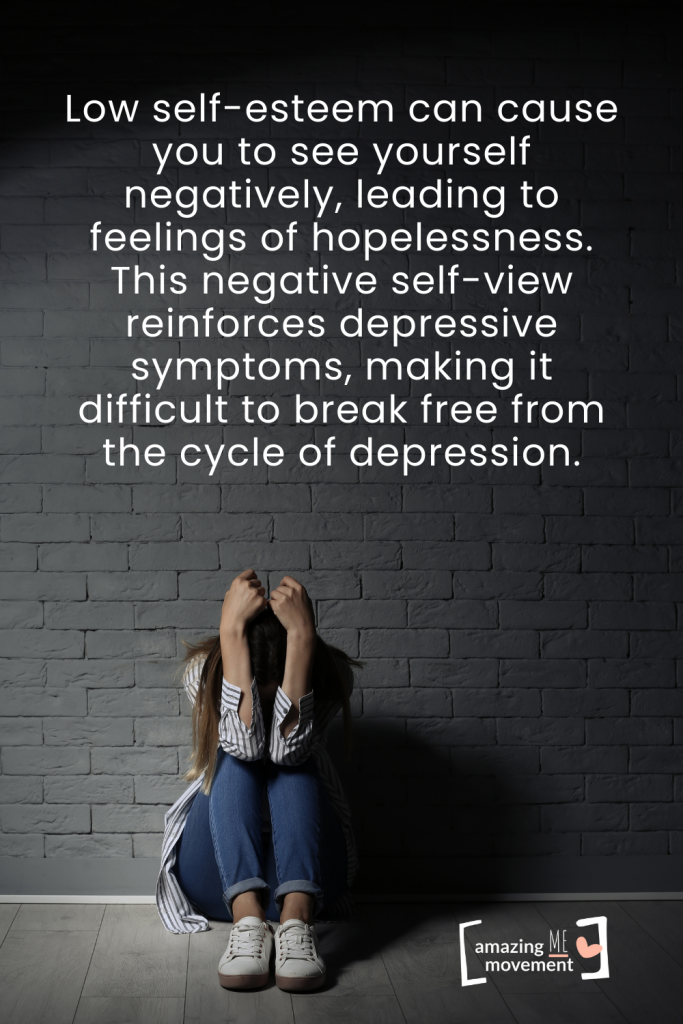
How Low Self-Esteem Affects Women’s Mental Health
Low self-esteem can show up in various ways, impacting daily life. Women may avoid social interactions, fearing judgment or rejection. It can also lead to perfectionism, where minor mistakes feel catastrophic.
Avoiding social situations can increase feelings of loneliness and isolation. Perfectionism can intensify stress and anxiety, contributing to depressive symptoms. These patterns can create a sense of inadequacy, making it harder to cope with life’s challenges.
The Ripple Effects on Women’s Mental Health
- Decision Paralysis: Fear of making wrong choices can result in constant indecision.
- Negative Self-Talk: Constantly criticizing oneself can lower mood and self-worth.
- Chronic Stress: Constantly striving for perfection increases stress, which can lead to burnout.
Understanding these impacts helps women recognize and counteract negative patterns. This awareness is essential for building resilience and improving mental health.
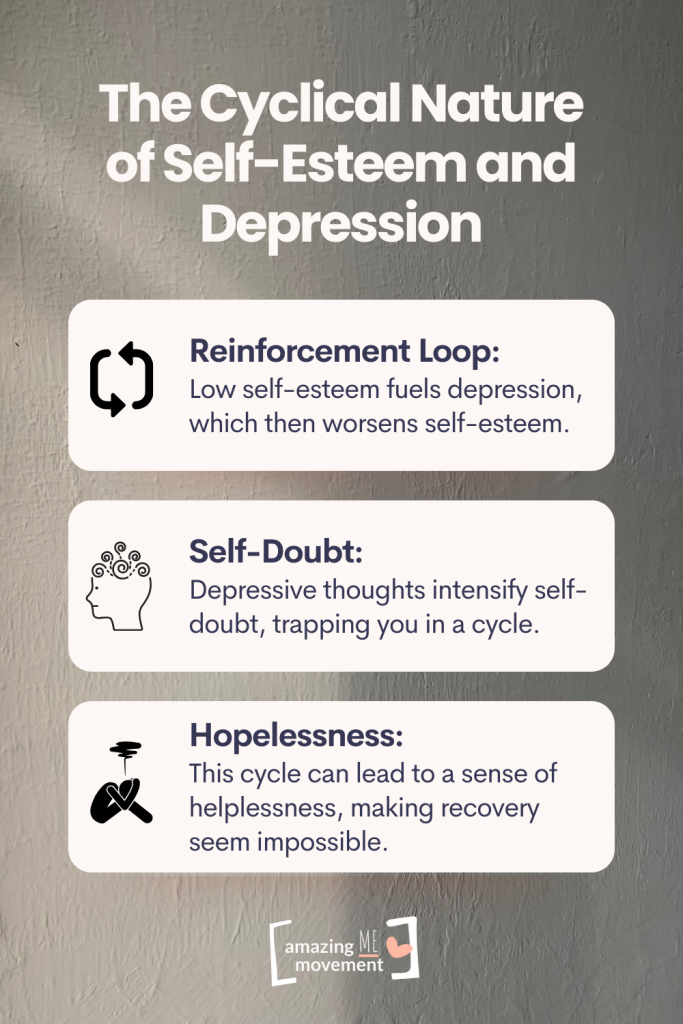
Self-Esteem Checklist: Recognizing the Signs
Understanding your self-esteem is crucial for mental wellness. Use this checklist to identify signs of low self-esteem:
- Self-Criticism: Do you often criticize yourself or think you’re not good enough?
- Blame: When things go wrong, do you automatically blame yourself?
- Avoidance: Do you avoid social situations out of fear of judgment or rejection?
- Perfectionism: Do you feel paralyzed if things aren’t perfect?
- Negative Self-Talk: Do you engage in a lot of negative self-talk throughout the day?
- Difficulty Accepting Praise: Do you find it hard to accept compliments or praise?
- Passivity: Do you hesitate to express your opinions or stand up for yourself?
- Physical Avoidance: Do you avoid looking at yourself in the mirror or dislike your appearance?
Reflect on your answers to these questions. Recognizing these signs is the first step toward improving your self-esteem. Awareness can lead to positive change, helping you build a healthier self-image. Embrace self-compassion and consider small steps toward personal growth.
Simple Steps to Boost Self-Esteem and Fight Depression
Improving self-esteem can positively impact your mental health. Here are practical methods to help you feel better and more confident.
Self-Care Activities and Therapies
Engaging in self-care activities can boost your mood and self-worth. Consider cognitive behavioral therapy (CBT), which helps change negative thinking patterns.
Benefits of Mindfulness and Yoga
Mindfulness practices can increase awareness and reduce stress. Yoga connects the mind and body, fostering peace and self-acceptance.
Power of Community Engagement
Joining groups or volunteering can build connections and a sense of belonging. Community involvement offers support and reduces feelings of isolation.
These simple steps can pave the way for a healthier, more self-assured you.
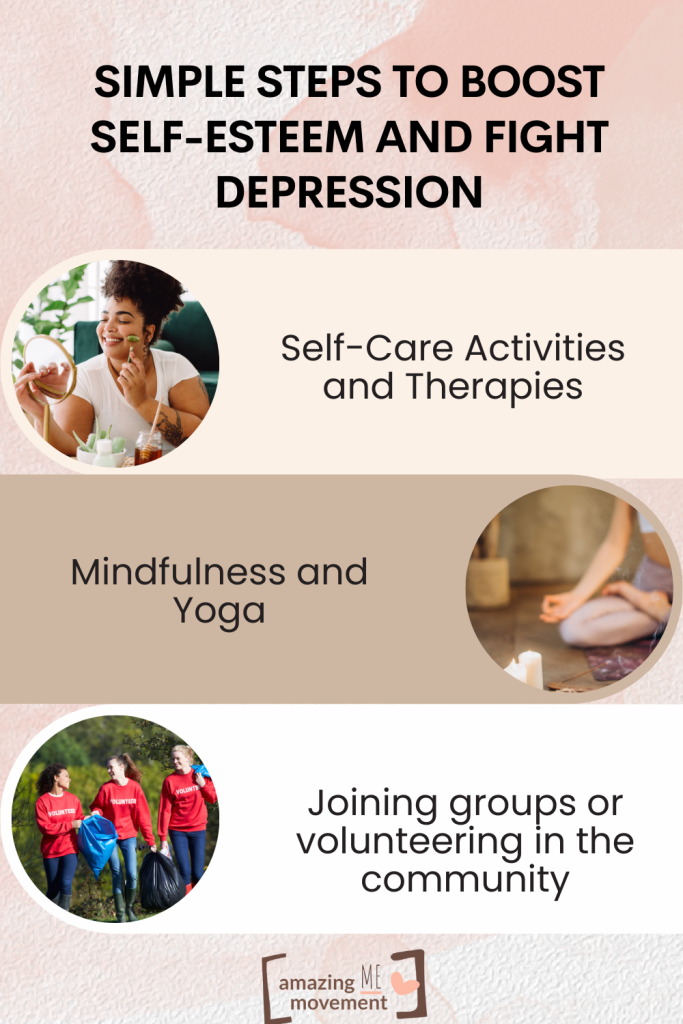
Conclusion
Understanding the impact of self-esteem on depression is crucial for improving mental health. By recognizing this connection, you empower yourself to tackle the challenges of low self-esteem and its effects.
Taking actionable steps, like practicing self-care and seeking therapy, can make a significant difference. Prioritize your mental well-being and embrace the journey to a more confident, healthier you. Start small and remember, every step counts.
Dive into our other articles for more tips on boosting your self-esteem and improving mental health today!
20 Quotes On Self Respect To Remind You Of Your Worth
5 Techniques Confidence Coaches Use To Boost Your Self-Esteem
20 Self-Love Quotes For Nurturing Souls That Need Extra Love
- 10 Ways to Overcome Procrastination and Get Things Done – 03/03/2025
- How to Overcome Imposter Syndrome and Thrive – 27/02/2025
- 10 Time Management Hacks You’ll Wish You Knew Sooner – 27/02/2025
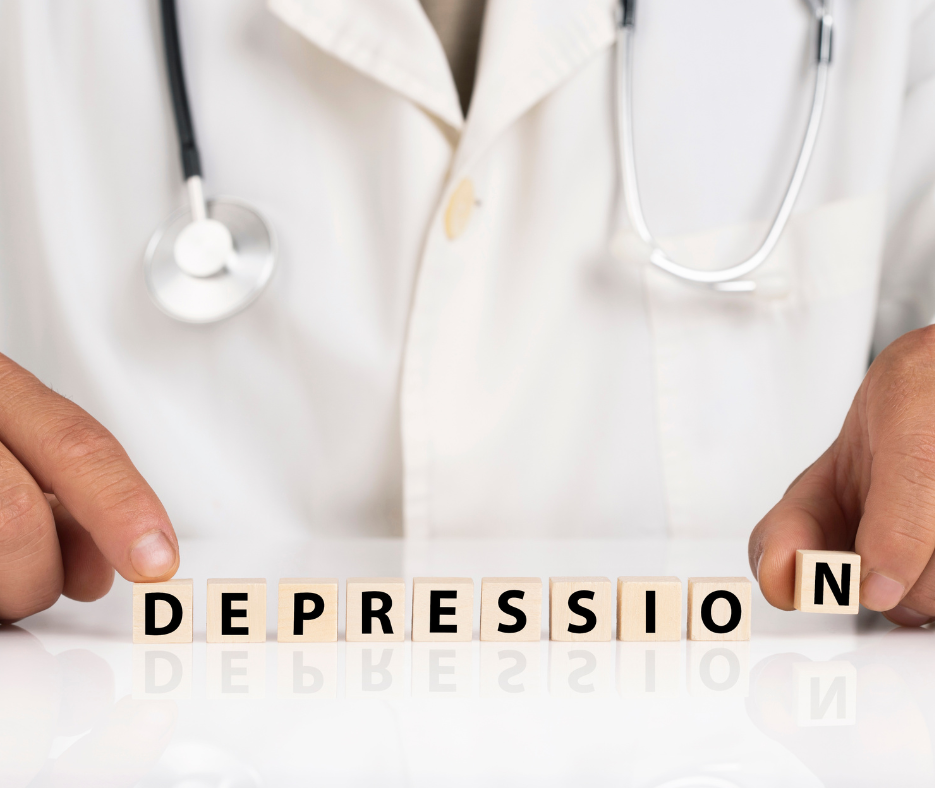
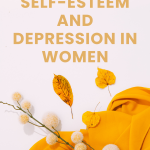







Leave a Reply